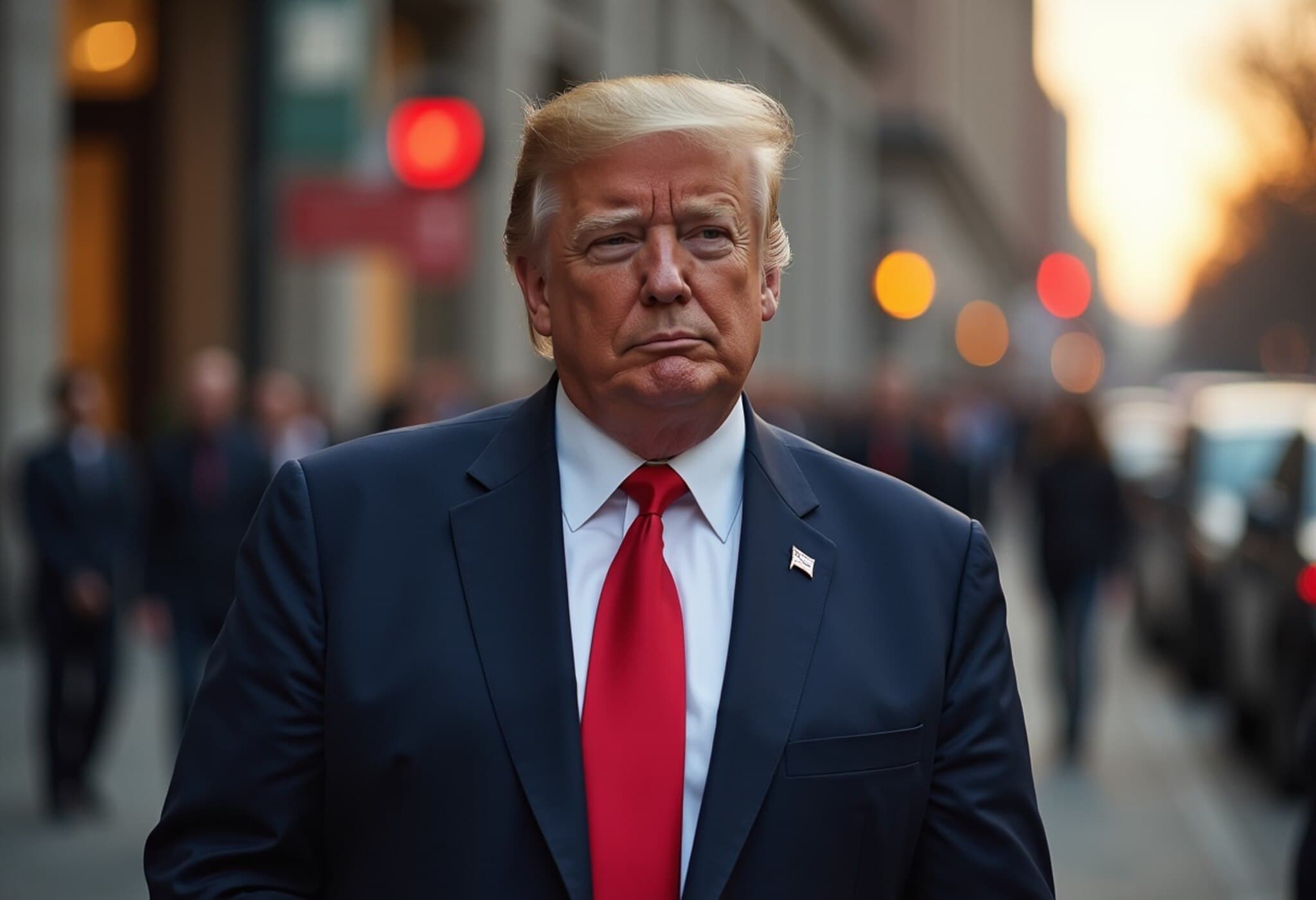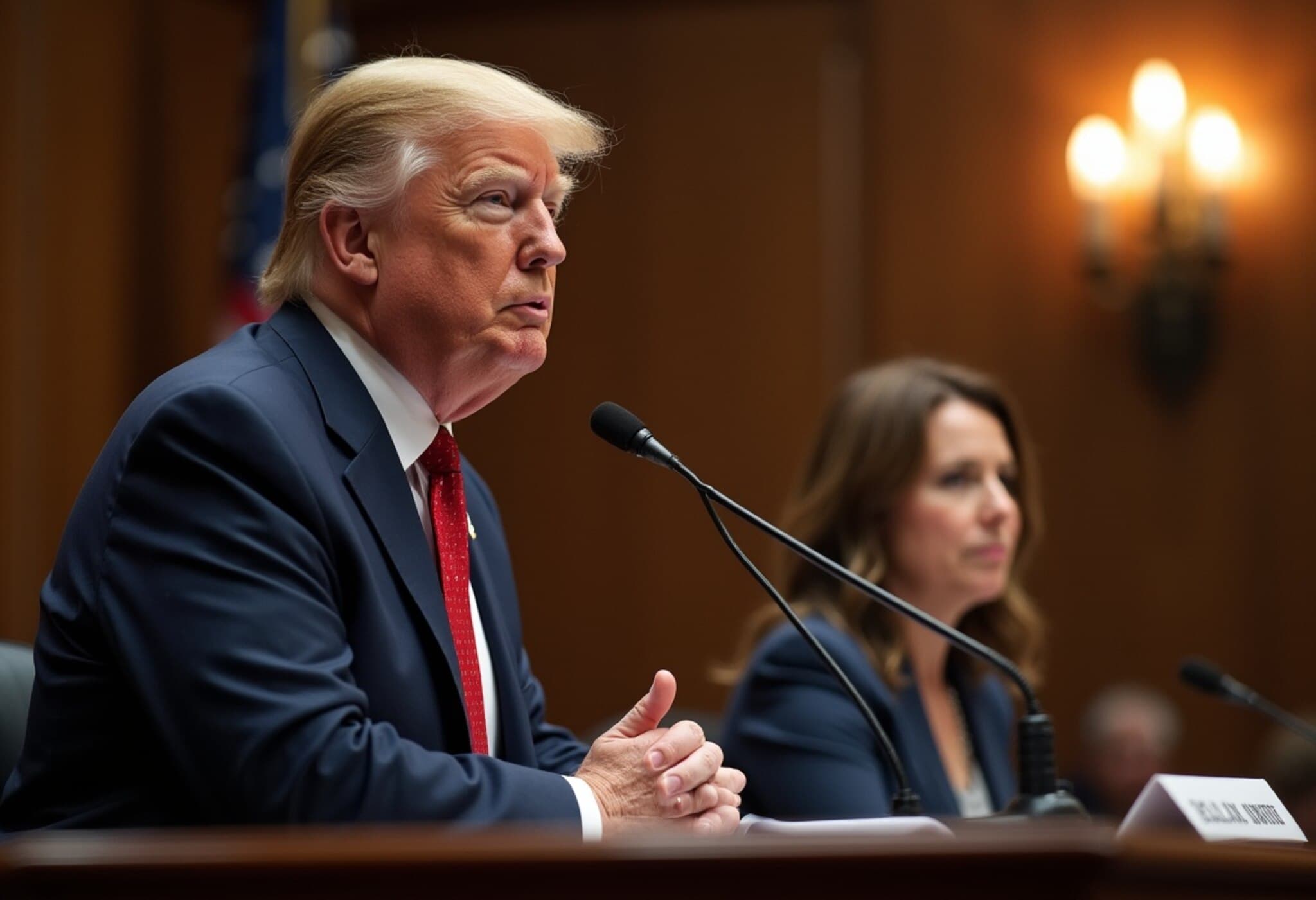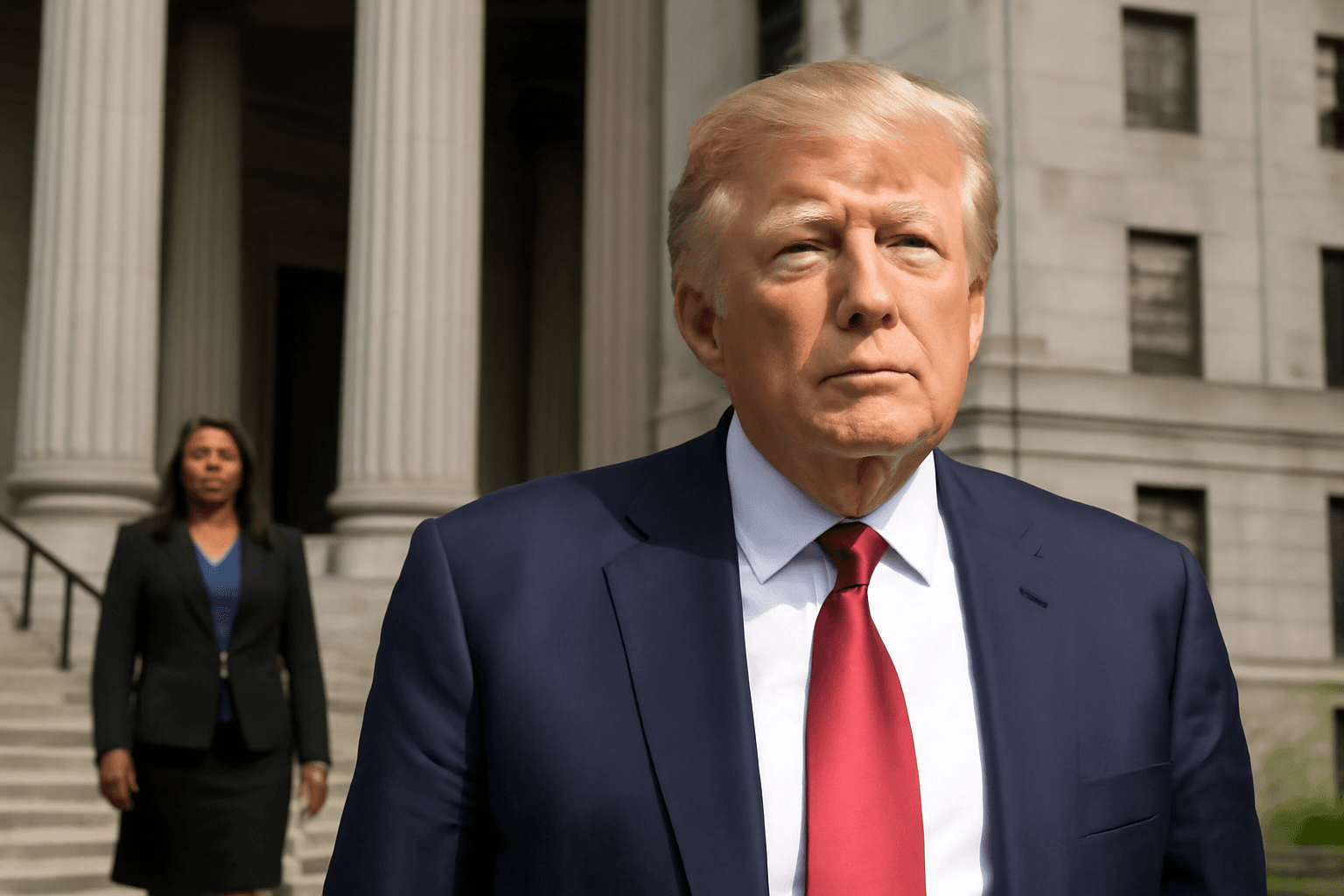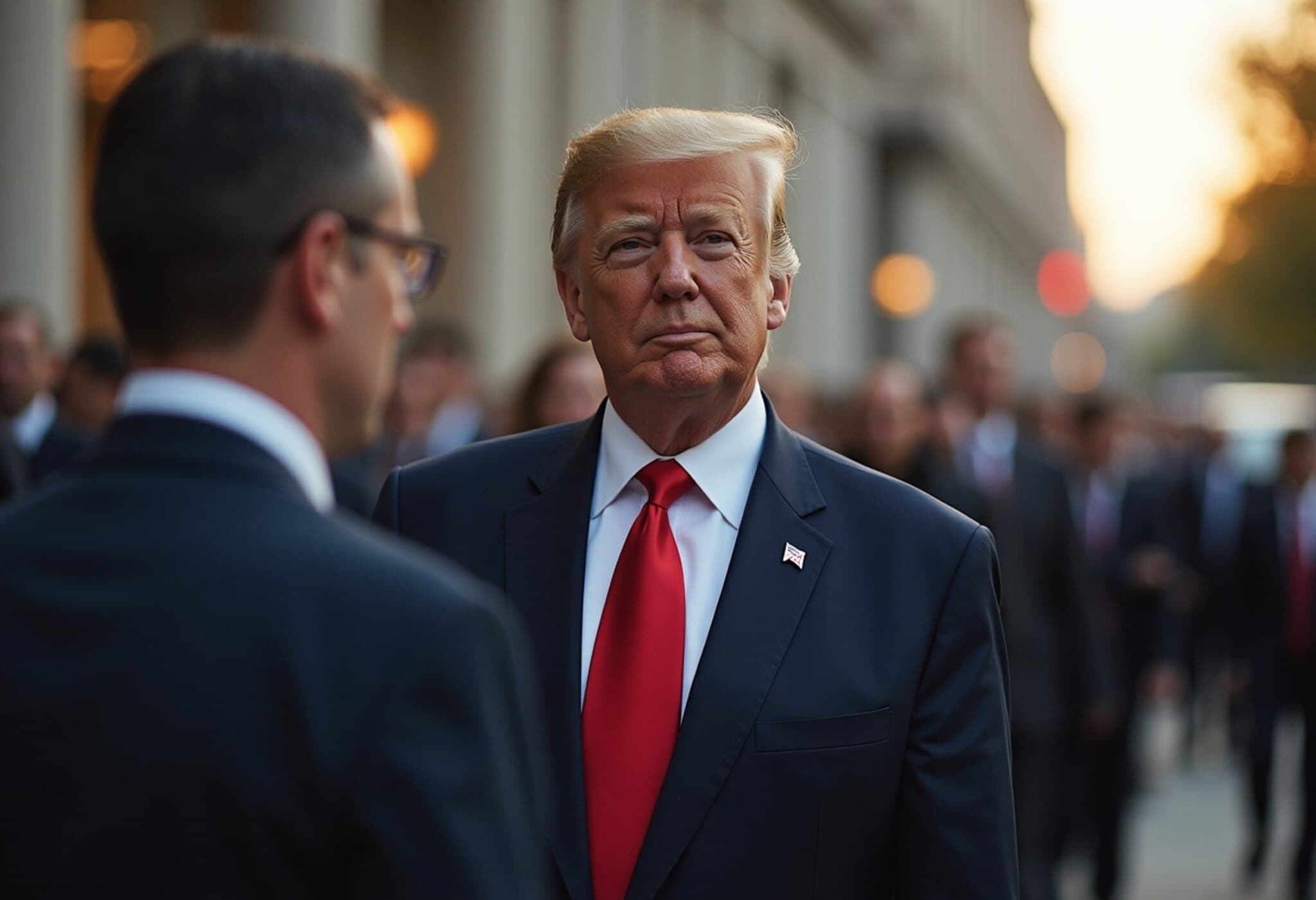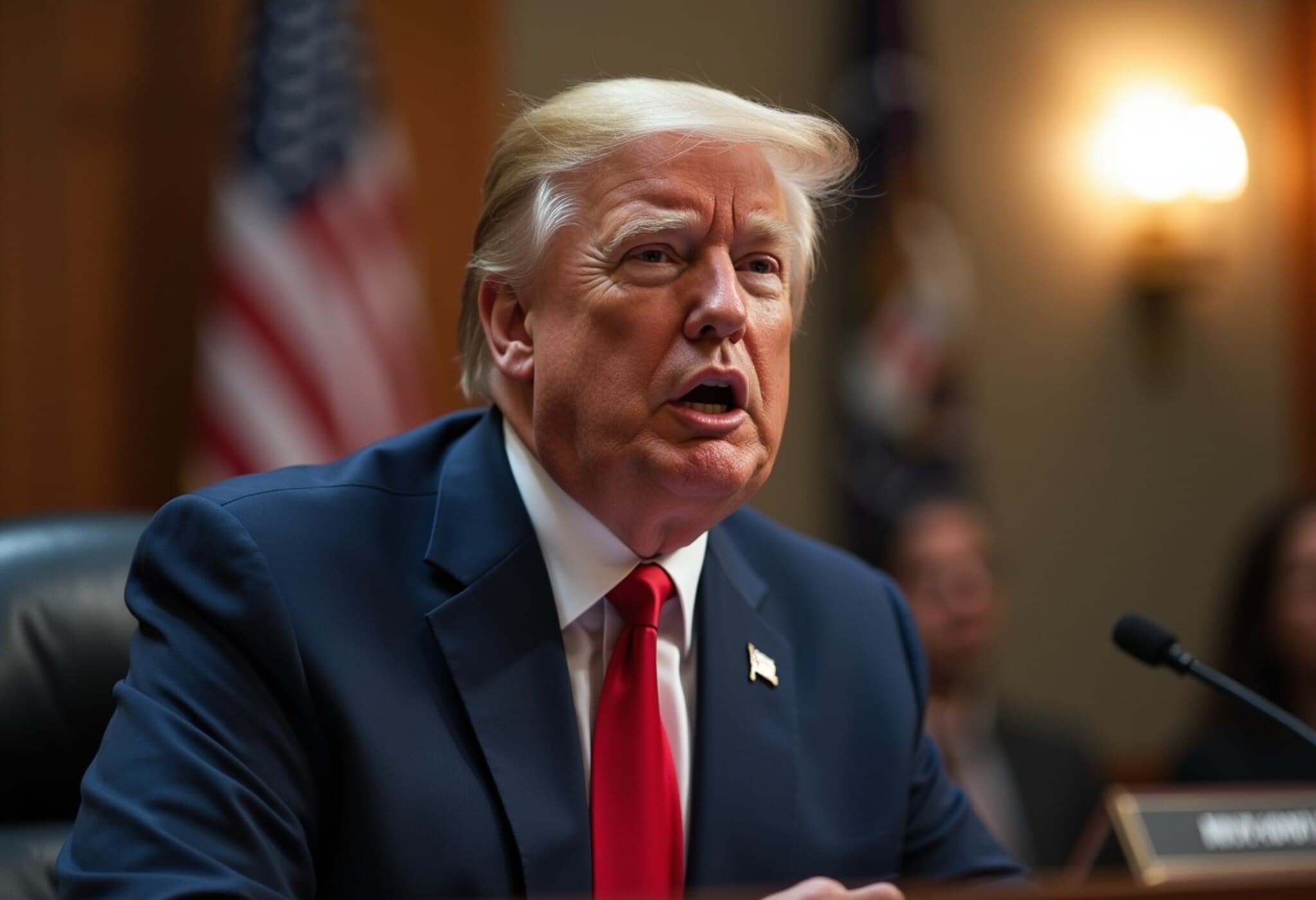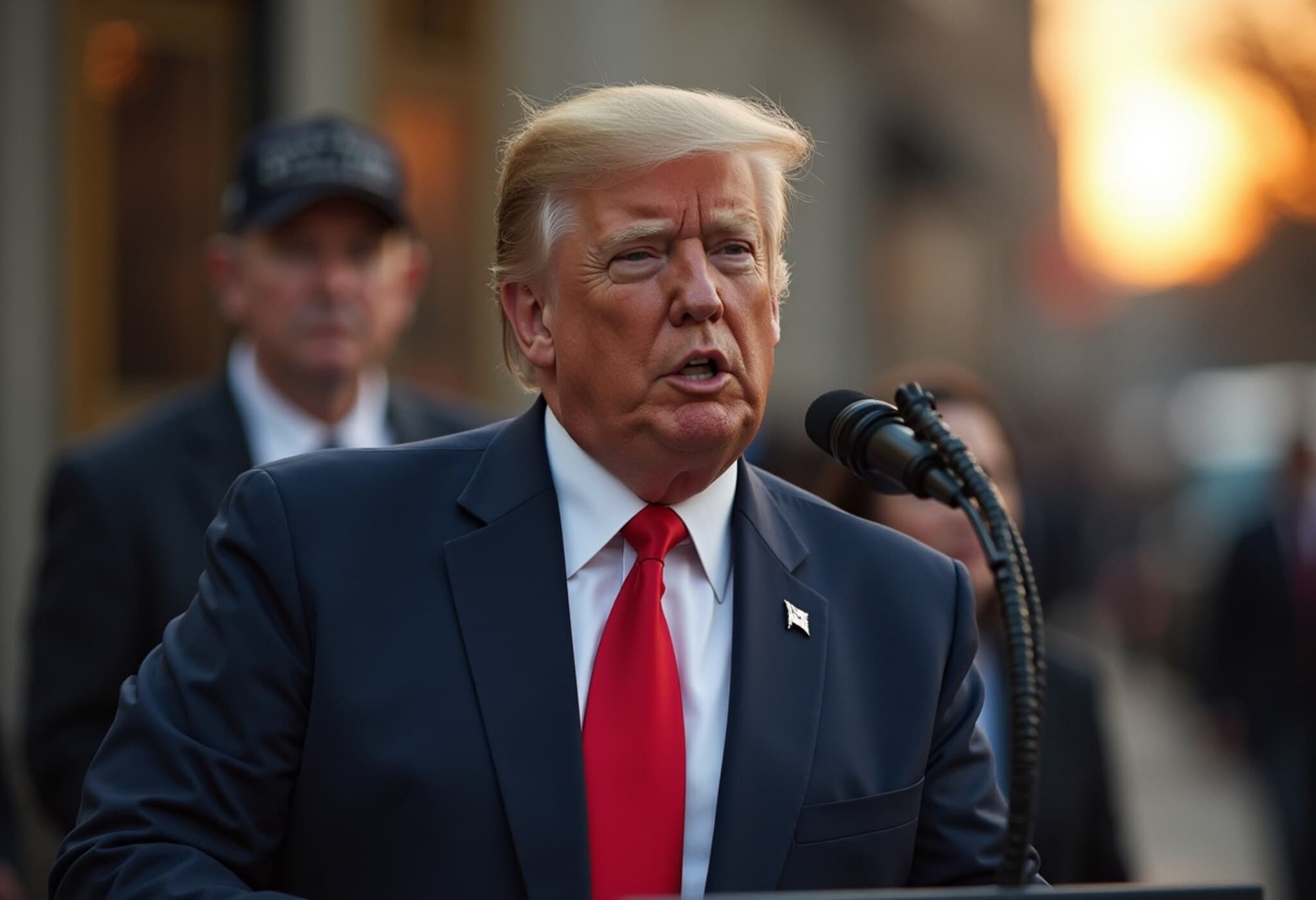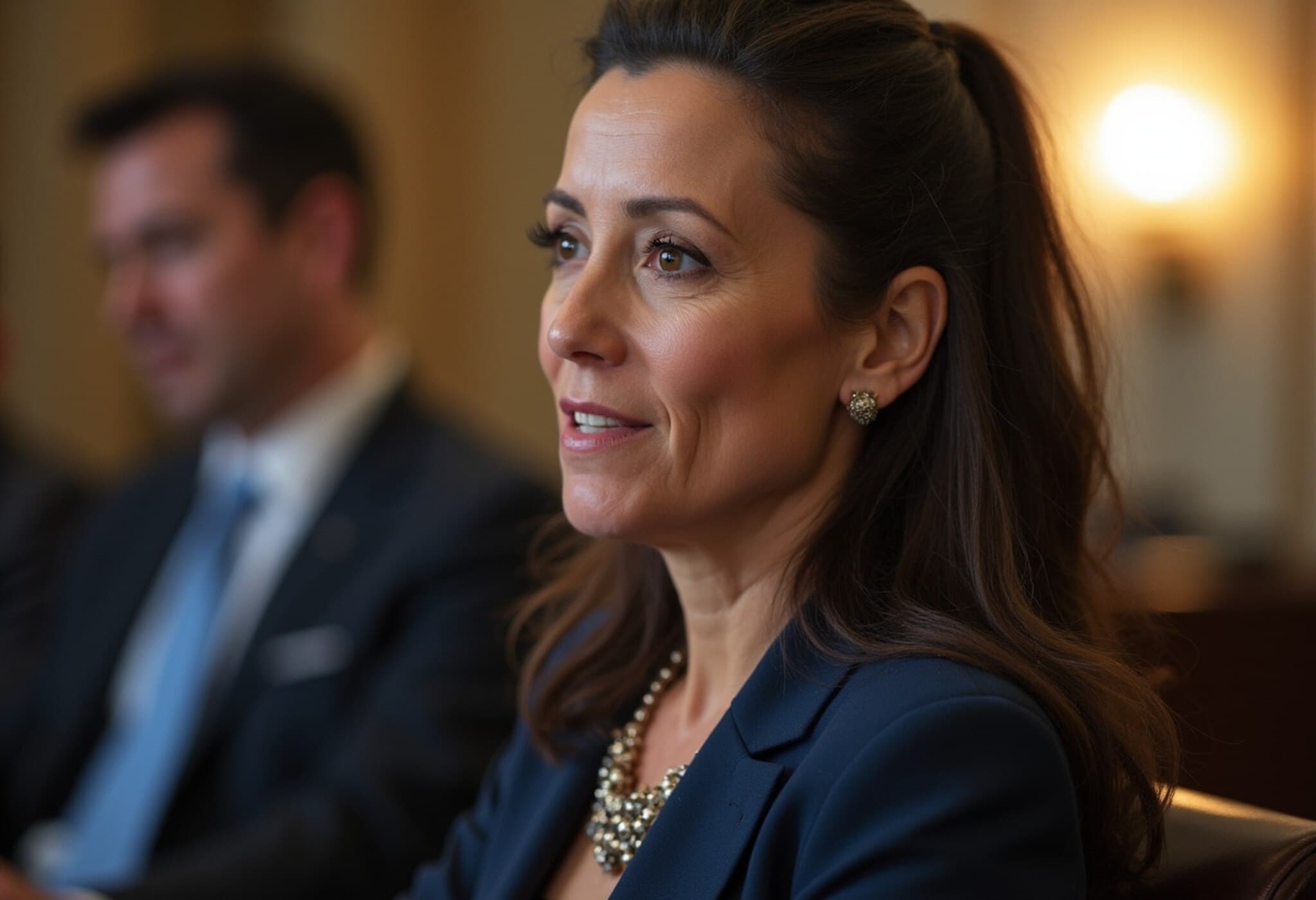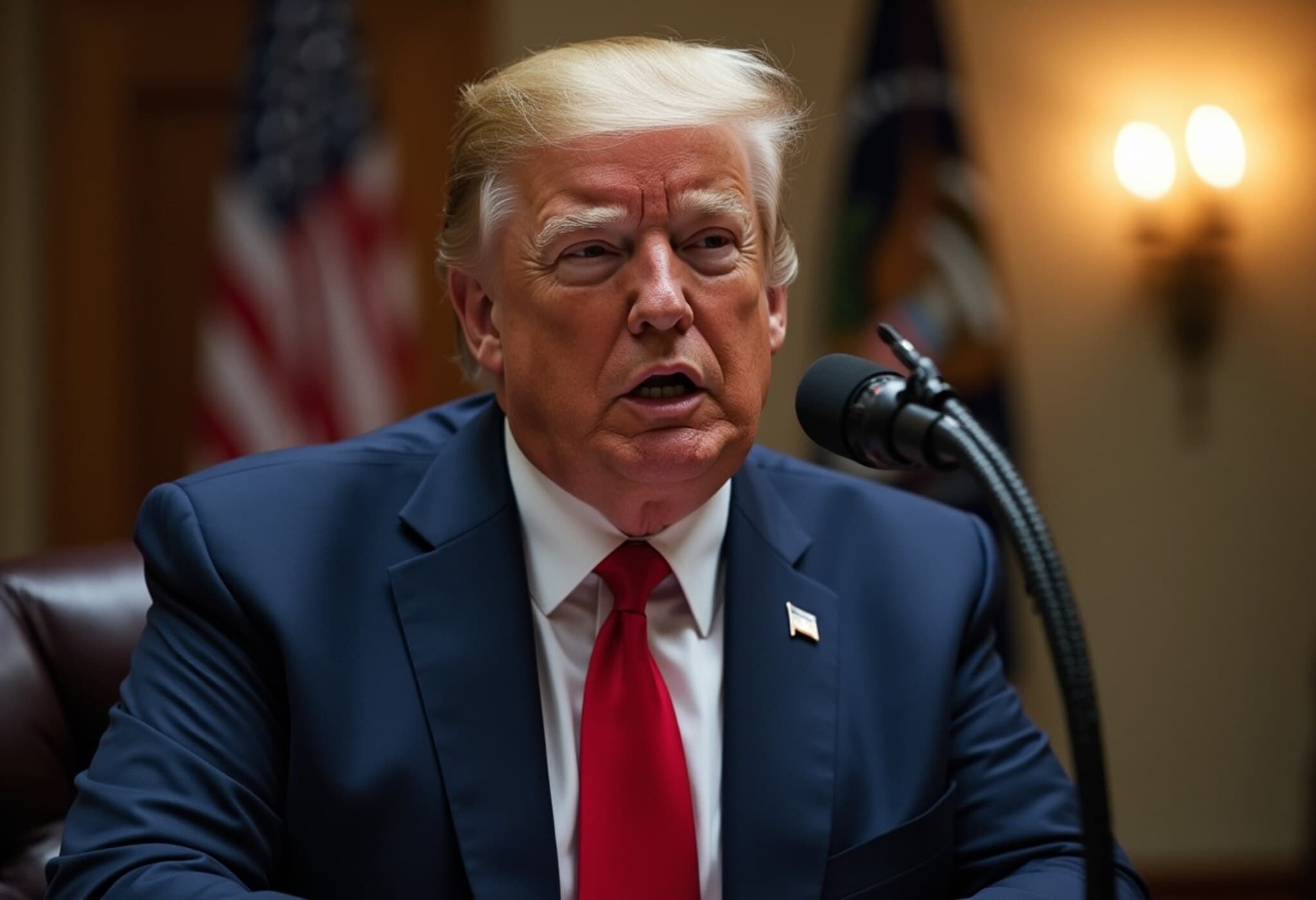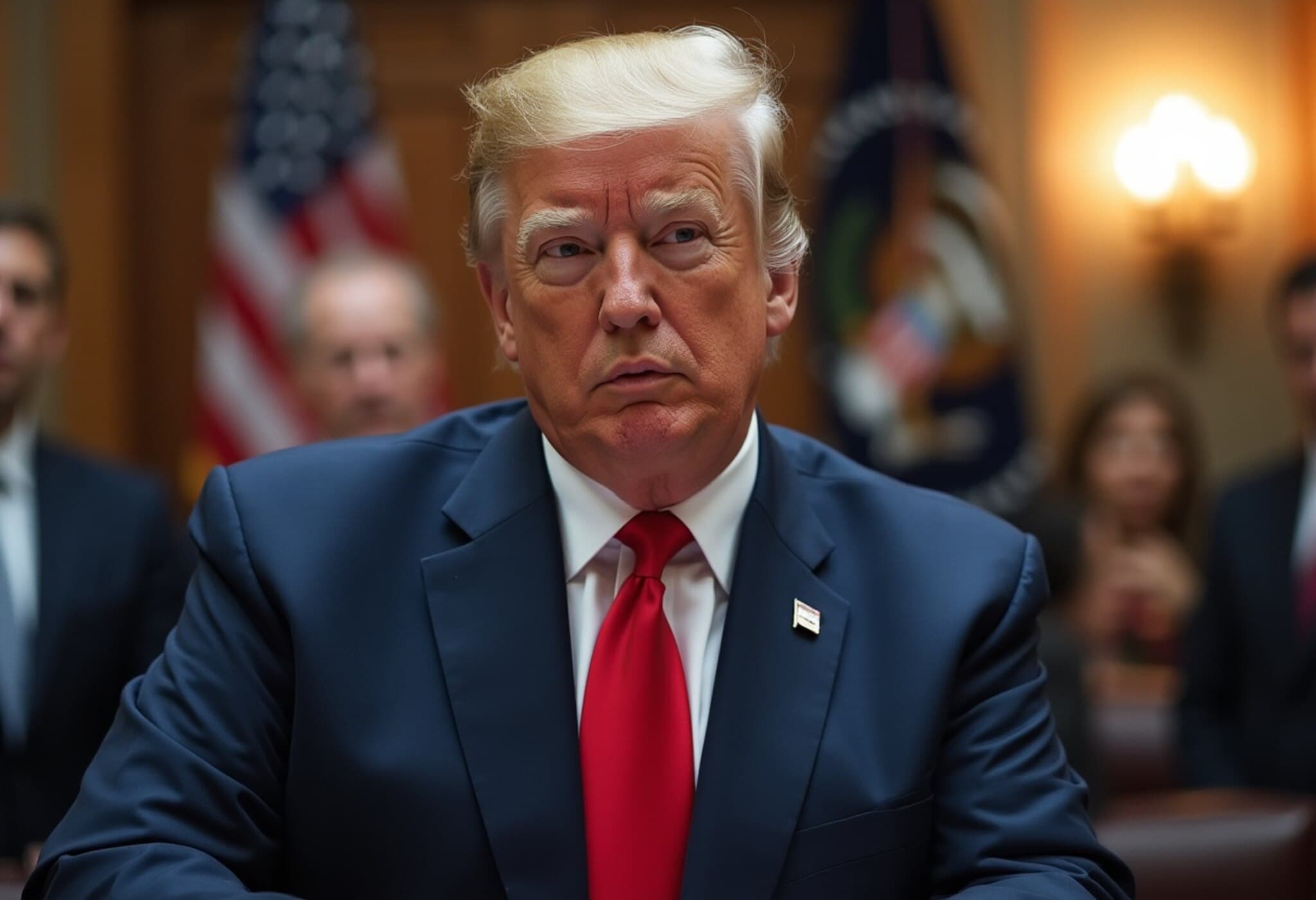Federal Appeals Court Upholds Birthright Citizenship Amid Trump’s Challenge
In a significant legal setback for former President Donald Trump, a three-judge panel from the 9th U.S. Circuit Court of Appeals delivered a ruling that reaffirms the constitutionality of birthright citizenship. The court upheld a lower court’s nationwide injunction blocking Trump's executive order that sought to eliminate automatic citizenship for children born in the United States to undocumented or temporary immigrants.
Background: Trump’s Controversial Executive Order
Trump’s executive order aimed to reinterpret the 14th Amendment’s Citizenship Clause, which states that "all persons born or naturalized in the United States, and subject to the jurisdiction thereof, are citizens of the United States." The administration argued that this clause does not guarantee citizenship to children born to parents without lawful immigration status, suggesting that "subject to the jurisdiction thereof" excludes such cases.
This interpretation sharply deviates from the century-old legal precedents and has ignited fierce debates about the constitutional meaning of citizenship and the broader implications for immigration policy in America.
Legal Reasoning from the 9th Circuit
The three-judge panel, with Judges Michael Hawkins and Ronald Gould authoring the majority opinion, emphasized that denying citizenship as proposed by the executive order directly conflicts with the Constitution. They referred to the lower court’s findings, specifically referencing a landmark Supreme Court decision in United States v. Wong Kim Ark (1898), which affirmed that a child born on U.S. soil is a citizen regardless of parental citizenship.
They stated: "The Executive Order’s proposed interpretation, denying citizenship to many persons born in the United States, is unconstitutional. We fully agree."
The court maintained the lower court’s nationwide injunction, recognizing the states’ concerns that inconsistent application of birthright citizenship across regions would cause significant legal and administrative chaos.
Dissenting Opinion and Broader Implications
Judge Patrick Bumatay, appointed by Trump, dissented on the grounds that the states lacked legal standing for a universal injunction. However, notably, he did not address the constitutional issue of birthright citizenship itself.
The case underscores the growing tension in federal courts over nationwide injunctions — sweeping rulings that block governmental actions across the entire country. The Supreme Court has recently sought to limit the scope of such injunctions but allowed some exceptions, including this case.
State Governments’ Role and Nationwide Concerns
The lawsuit was brought forward by multiple states, including Washington, Arizona, Illinois, and Oregon, expressing concerns over the practical and societal fallout if birthright citizenship were curtailed. They argued that partial enforcement across different states would create untenable legal disparities, harming the uniform fabric of U.S. citizenship laws.
Impact on Immigrant Communities and American Society
Experts warn that ending birthright citizenship could deepen divisions and exacerbate vulnerabilities within immigrant populations. Many children born to immigrant parents rely on this constitutional guarantee as a foundation for equality and opportunity.
From a legal perspective, the ruling reiterates the strength of the 14th Amendment as a safeguard against politically motivated reinterpretations that could undermine fundamental civil rights.
Looking Ahead: What This Means for the Supreme Court
While the 9th Circuit’s decision moves the matter forward, it is widely anticipated that the Supreme Court may soon take up the case to settle one of the most contentious questions about American citizenship in recent memory. The high court’s ruling will likely shape immigration policy and constitutional law for generations.
Expert Insight: Constitutional Law and Policy Implications
- Constitutional Stability: The ruling reinforces the enduring interpretation of the 14th Amendment, discouraging unilateral executive action that alters constitutional rights.
- Political Considerations: Attempts to redefine citizenship through executive orders highlight the ongoing politicization of immigration law in the U.S.
- Societal Impact: Rescinding birthright citizenship could increase statelessness and marginalization, disproportionately affecting children and families.
- Legal Precedent: The case reaffirms the judicial system’s role in checking executive overreach and upholding constitutional protections.
Editor's Note
This ruling is not merely a legal judgment but a crucial touchstone in the broader debate over immigration, identity, and constitutional rights in America. As this issue progresses toward the Supreme Court, it invites important questions about the balance between legislative authority, executive power, and the fundamental principles enshrined in the Constitution. Readers should watch closely how this legal battle unfolds, as its consequences will resonate far beyond the courtroom, influencing how future generations understand citizenship and belonging in the United States.
For the American public and policymakers alike, the reaffirmation of birthright citizenship underscores a commitment to inclusivity and the rule of law — values that are essential to the nation's foundational ethos.

